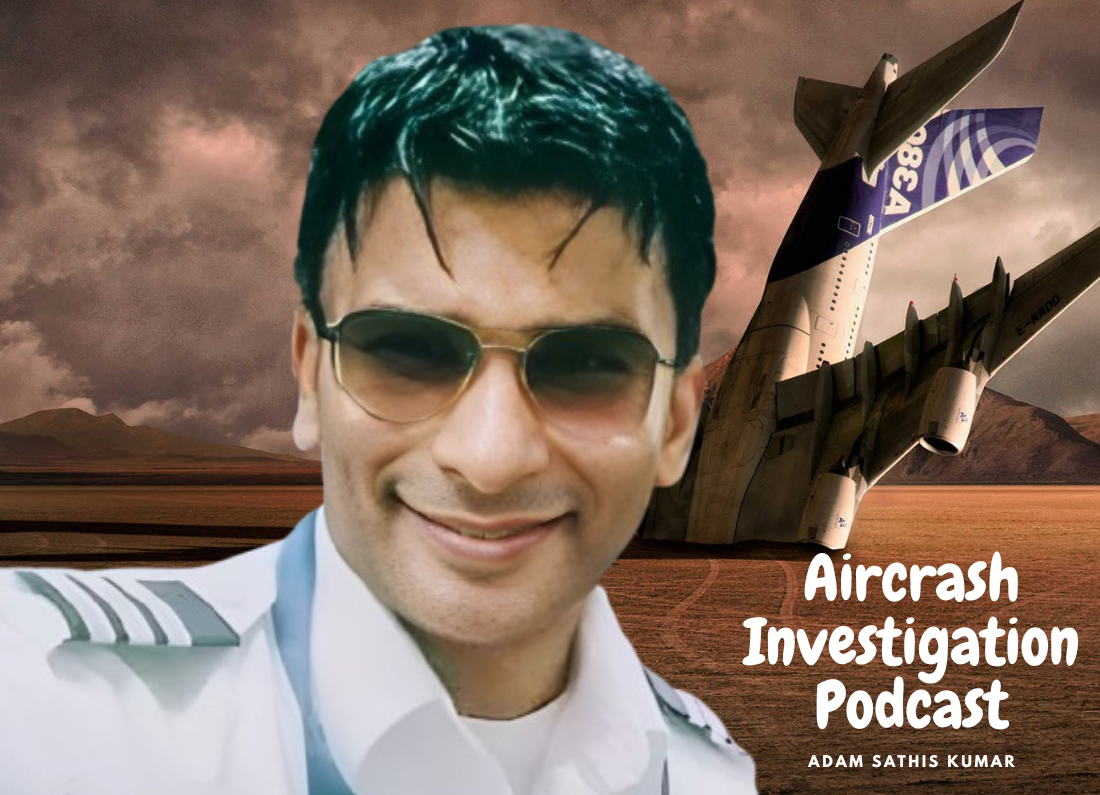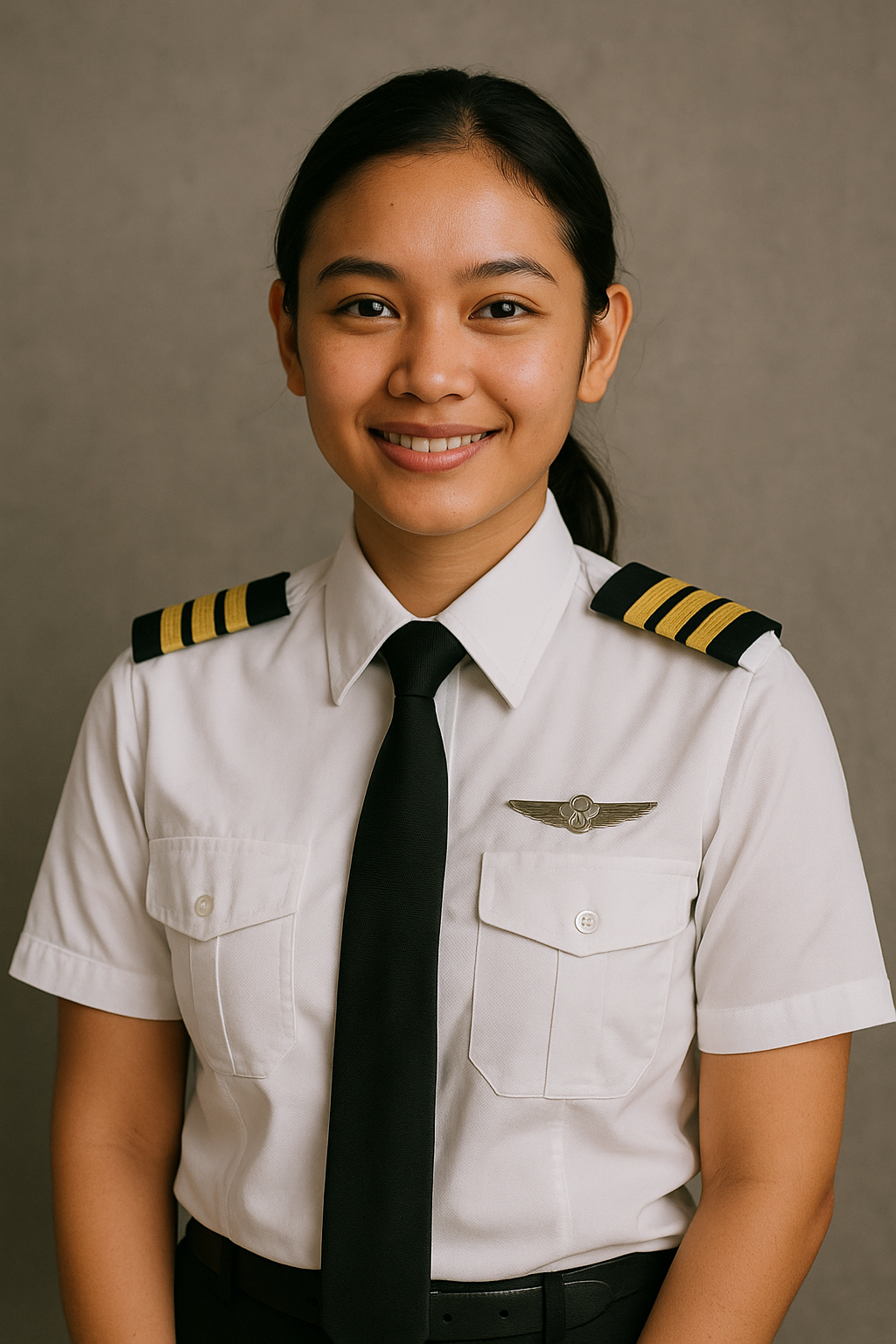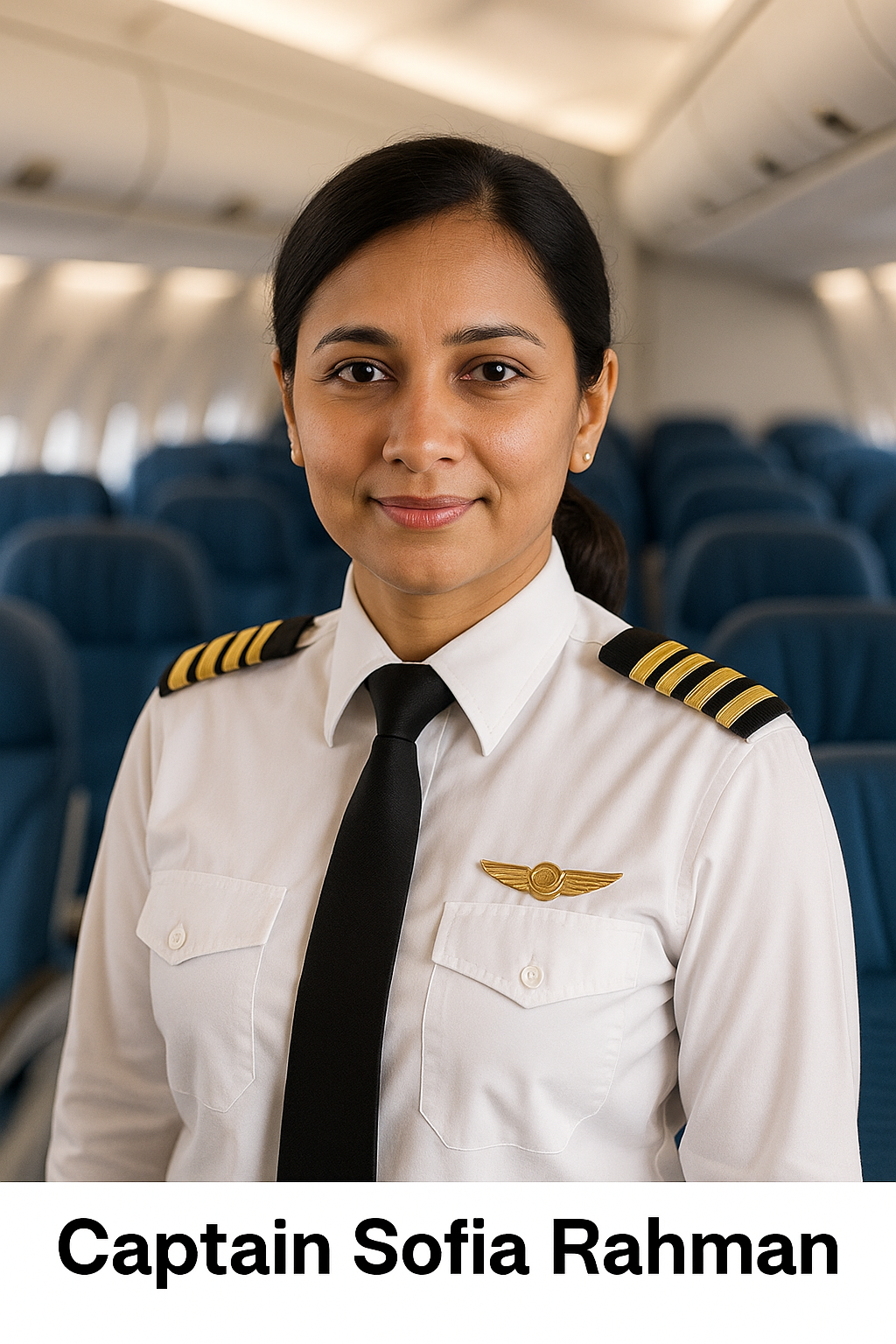By MyAviation Magazine | July 2025
In the wake of the devastating Air India Flight 171 crash in Ahmedabad, questions about technical safety quickly gave way to a more silent and pressing concern: pilot mental health.
With over 260 lives lost and initial investigations pointing to possible manual shutdown of the aircraft’s fuel control, attention has turned to what was happening in the cockpit, not just technically, but psychologically.
We sat down for an exclusive interview with Adam Sathis Kumar Naidu, a aviator, aircrash investigation podcast producer and aviator publisher and a vocal advocate for mental wellness in aviation.
🗨️ Q: Adam how did the Air India crash affect you personally and professionally?
Adam:
Devastated. It shook every one of us. Captain Sabharwal is an an experienced pilot He was brilliant, quiet, and very disciplined. Hearing that he might have manually shut off the fuel, if that’s confirmed , was soul crushing. But more than shock, I felt guilt. We talk about engines and flight paths, but rarely about emotional turbulence.
🗨️ Q: Do pilots talk openly about mental health within the industry?
Adam:
Not really. There’s a culture of silence. If you admit to being mentally exhausted or emotionally overwhelmed, it’s seen as weakness, or worse, grounds for being grounded. No one wants to risk that. That’s why many of us wear the mask. We fly through storms, but no one sees the one inside.
🗨️ Q: How has the system failed pilots when it comes to mental health?
Adam :
There’s no routine psychological evaluation after you’re hired. The Civil Aviation Authority mandates psych tests only once, during induction. After that, you’re expected to be “fine” forever. But we deal with grief, financial stress, broken sleep cycles, loneliness… and in some cases, personal trauma like what Captain Sabharwal reportedly faced. Where is the support system?
🗨️ Q: Have you or pilot faced mental burnout?
Adam :
Many times. I’ve seen pilot break down before flights. I’ve had panic attacks after 14-hour rotations. One friend flew a 737 to Bangkok while quietly grieving his wife’s cancer. We don’t report it, because there’s no safe way to do so. Either you “manage it” or you get benched without pay. That’s the reality.
🗨️ Q: What needs to change after this tragedy?
Adam:
First, mandatory annual mental wellness evaluations by licensed aviation psychologists. Second, a non-punitive reporting system where pilots can voluntarily step back without fear. Third, peer support programs must be available in every major airline, like the ones Lufthansa launched after the Germanwings tragedy.
And last but most importantly, we need to de-stigmatize this conversation. Pilots are not robots. We are trained to manage technical risks, but what about emotional overload?
🗨️ Q: If Captain Sabharwal were here today, what would you say to him?
Adam (voice breaking):
I would say, “You didn’t have to carry this alone.”
I wish we all said that to each other more.
Final Thoughts
This interview is a sobering reminder that while aviation continues to invest in hardware and systems, the human element, especially mental wellness, remains under-protected.
As investigators work toward a full report, the aviation community must confront an uncomfortable truth: mental health is a safety issue. If we ignore the warning signs, we not only risk lives in the cockpit, we lose souls on the ground.
Editor’s Note: If you are a pilot or crew member experiencing stress or emotional difficulty, confidential support is available. Speak to your airline’s medical unit or consult the Civil Air Authority”s peer support program directory.











Leave a Reply